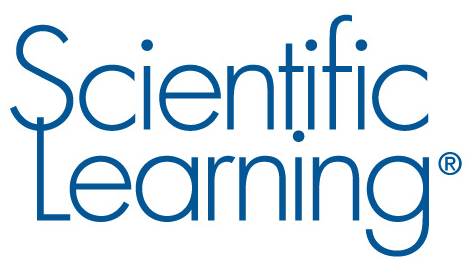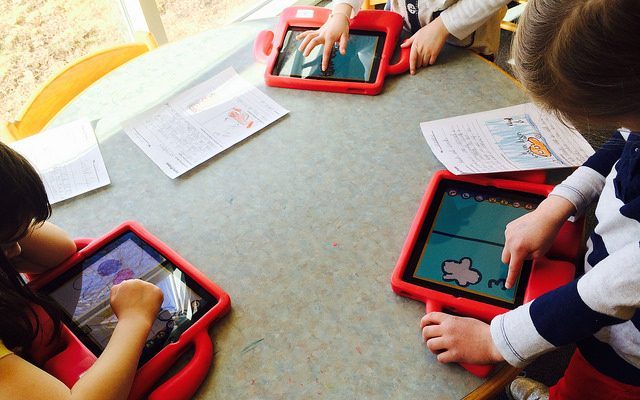To Help English Learners Become Readers, Focus on Phonics
English learners can become English readers and writers quickly by emphasizing their assets, focusing on phonics, and delivering appropriate interventions.
By Lydia Rodriguez-Vaughn
At Somerton Elementary School District No. 11 in Arizona, approximately 88% of our students are Hispanic or Latino. English language learners make up about 30% of the student population, though that number only tells part of the story. Home language surveys show that about 80% of Somerton’s students live in homes where another language is spoken, usually Spanish. Furthermore, the English language learners are concentrated in our earliest grades—the same years when their peers are learning to read and write English—because young children tend to learn languages very quickly and leave the ELL designation behind.
Teaching students with such varied experiences in English and Spanish to read and write can be challenging, but at Somerton, we manage by focusing on structured English immersion, phonetics, and intervention.
Structured English Immersion
The state of Arizona requires public schools to follow a structured English immersion (SEI) model for English language learners. This means that schools see English learners (ELs) primarily as emerging bilinguals and look at multilingualism and biliteracy as assets. EL students have different needs and challenges, but the additional language they bring to the classroom is something to build upon and a source of strength and enrichment for both the EL students themselves and everyone else in the classroom.
Somerton follows the SEI model with high fidelity, so most students learn English pretty quickly and are readers by grade 3. Those who linger tend to be students who struggle with reading fluidly and would likely need some additional help regardless of the language they spoke when they came to school.
Phonics for All
For those who need the help, Somerton’s educators seek out services and curricula that support this kind of asset-based approach to ELs while also being grounded in the five components of reading: phonemic awareness, phonics, vocabulary development, reading fluency, and comprehension.
Four years ago the district adopted Reading Horizons because it met those criteria and has a particularly firm foundation in phonics, which is important to all students, particularly those learning a second language. I am myself a native Spanish speaker who learned English as a second language, and I know firsthand how difficult it is to hear the difference between “chair” and “share.” That difference may not seem subtle to people who grew up speaking English, but it can be incredibly difficult for non-native speakers to pick up without someone specifically pointing it out to us. Once students have that phonemic awareness and understand what words sound like, they can begin connecting it with spelling.
Having an online resource that is available to all grades, such as Reading Horizons’ software component, allows students to continue practicing phonemic awareness and phonics beyond 3rd grade, which is when teachers quit working on those issues because they are focused more on teaching content.
Instant Intervention
Another key aspect of our literacy approach is the combination of direct whole-class instruction and targeted individual practice. Previously, students would use an adaptive literacy program, but it only gave teachers progress reports without much information about what the students were actually working on any given day.
With our current literacy program, teachers give direct instruction to the whole class for 20-30 minutes, then they choose the lessons students work on. It keeps the lines of communication between teacher and student open, and the teacher is able to set the pace as needed. If students finish early, they can access a library full of passages for them to read based on their reading level.
Regardless of what language children do or do not speak when they come to school, each student has their own unique strengths and weaknesses. Helping them to become strong readers is really no different than teaching in general. We need to learn what they know, what they are ready to learn next, meet them where they are, and then assign appropriate practice.
Lydia Rodriguez-Vaughn is the director of federal programs at Somerton Elementary School District No. 11. She can be reached at [email protected].



